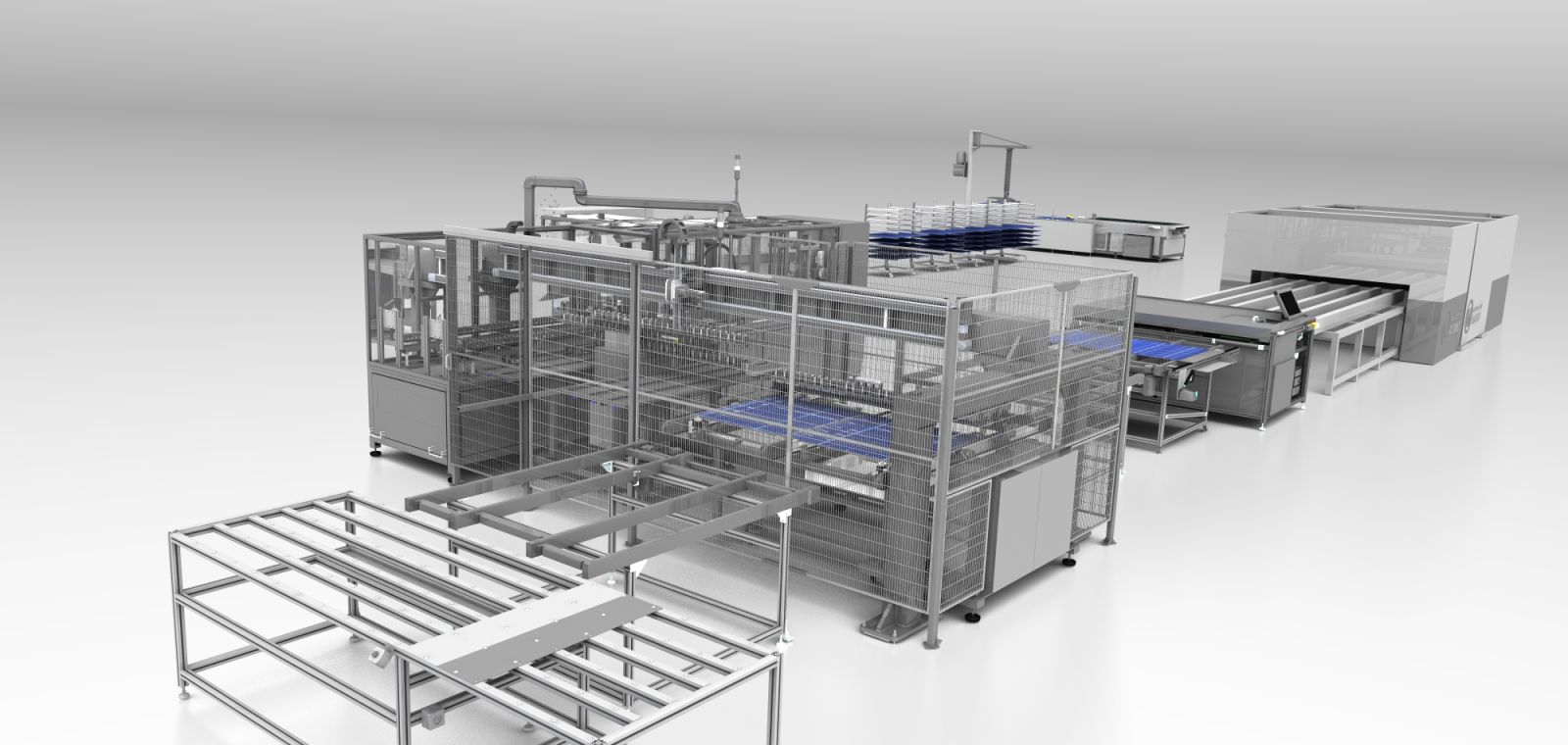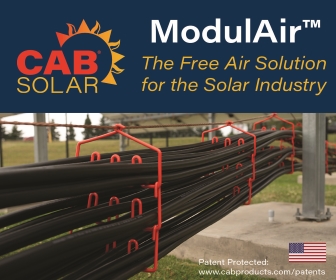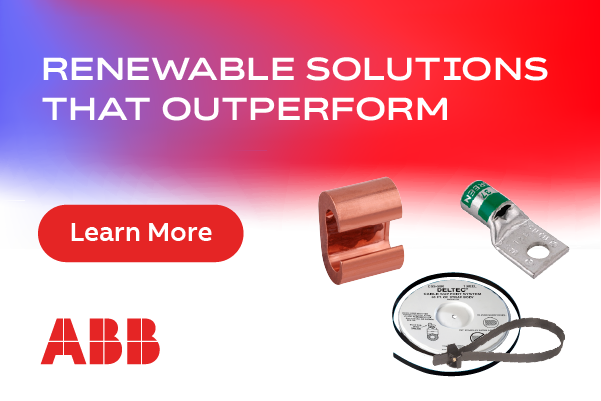"Risky Business" Managing risk for module manufacturing
Risk management is the process of identifying, assessing, and controlling threats to an organization's capital and earnings. Within the solar industry, the areas of high risk are equipment purchases, construction processes, plans, project investing, and developing. Risk management allows organizations to prepare for the unexpected by having an experienced employee, agent, or Inspector go through the events that would upset a successful result. The objective is to minimize risks and extra costs before they happen.

In the solar scenario, purchasing modules has also become a factor of risk, as the criteria to buy has changed over the years. EPC's and installers are still purchasing their modules from distributors and PV manufacturers, particularly when buying for utility-scale projects. Should you consider your buyer fully qualified to make the final decision without expert advice?
That would be a firm "No." For complete de-risking, you need a team of inspection professionals to help you get the best pricing and quality audited panels. It starts with: using dedicated electrical, environmental, and mechanical testing systems; utilizing dedicated characterization systems to ensure optimal data quality and repeatability, and; checking that equipment is properly calibrated and carefully maintained to ensure optimal availability and reliability. Specialized services are available for product and process qualification, raw material and supplier evaluation, ongoing reliability testing (ORT), risk assessment, lot acceptance, energy yield evaluation, and more.
Keeping the risk management plan up to date can transform it from a doorstop into a vital project management tool. Remember: what you don't know can kill your project.

Armed with the right set of tools, procedures, knowledge, and insight will ensure that quality modules are delivered. The process sheds light on variables that lead to risk, allowing them to managed.
Consider the following policies, practices, and logistics when engaging a company for PV module derisking.
- Administrative policies and practices, including change control management, customer complaints management, and employee management.
- Quality and reliability policies and practices, including materials management, production processes, equipment management, quality control, and reliability testing management.
- Facility logistics and environment policies and practices, including production area environment, finished product management, and loading and logistics management.
Prior to the production start date, the Inspector will perform an on-site audit (factory audit) for each factory location identified in the supplier and production details.
 Audit
Audit
During the factory audit, the Inspector will review the supplier's quality and production processes, both in protocol and practice, to assess the supplier's capability to deliver an acceptable level of quality according to requirements and criteria provided by the client. Inspection activities will be implemented as detailed in an agreement with the client and the manufacturer.
The Inspector delivers the factory audit report within a specified number of days (usually 10 business days). The report includes a comprehensive factory audit score, details of any deficiencies and notable findings, and suggested items requiring remediation prior to accepting material from the factory location.
The Inspector requests advance notice prior to the date the client wishes Inspector to perform a factory audit. It is necessary to secure access to the facility, personnel, and equipment from the supplier in order for the audit to take place. Once the production has begun, the Inspector will visit the factory location to witness production of the PV modules to be delivered to the client; expect audits to be conducted every week of production between the start and finish date per an agreement.
During the on-site visit, the Inspector will inspect production activities for conformance to standard operating procedures, the supplier's quality plan, and any specific requirements and criteria provided by the client. The Inspector provides periodic reports that will include any deficiencies or notable observations made by the Inspector during the production period.
Preshipment Preparation
Once the production has begun, the Inspector will identify the details to inspect the finished product prior to shipment to the client. The Inspector shall also perform pre-shipment inspection on a decided number of lots each week of production between the start date and the end date defined in the agreement. During the visit, the Inspector will select a random sample of PV modules from the lot and perform additional testing and inspection on each module in the sample. A visual inspection followed by an electroluminescent test completes the inspection process (this includes the flash testing and nameplate power labeling). The total number of samples and the quantity of modules in each sample shall be determined in accordance with the ISO 2859-1:1999 AQL.
Risk management allows organizations to prepare for the unexpected by having an experienced Inspector go through the events that would upset a successful result. Remember, the objective is to minimize risks and extra costs before they happen. Knowing your production is taking place with proper handling and manufacturing will give you the piece of mind that your investment is profitable, safe, and on time.
Robert Benedict is Chairman of Unicorn Solar Development, a California-based company serving all 50 states.
Unicorn Solar Development | www.unicorn-sd.com
Author: Robert Benedict
Volume: 2021 November/December











.png?r=2877)
